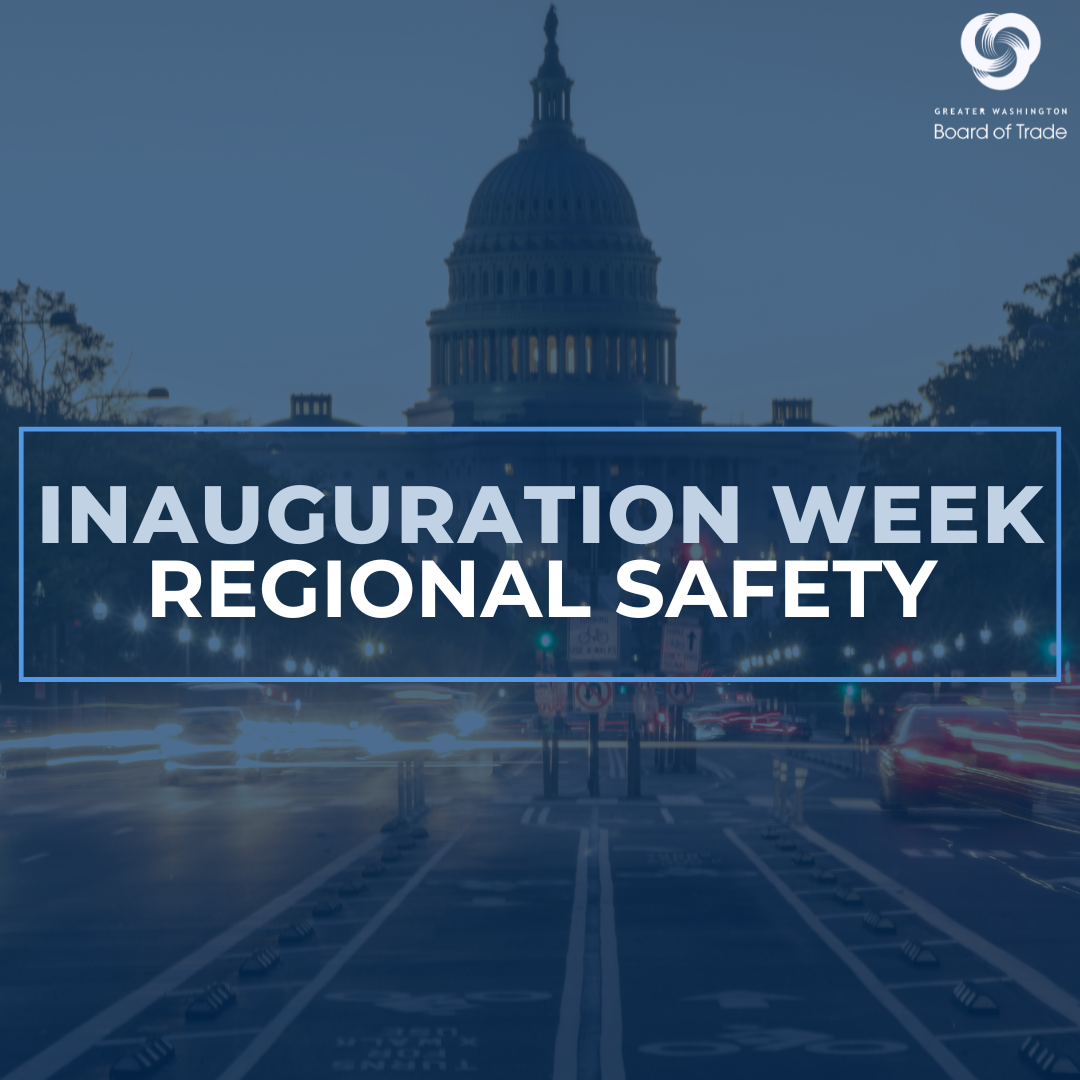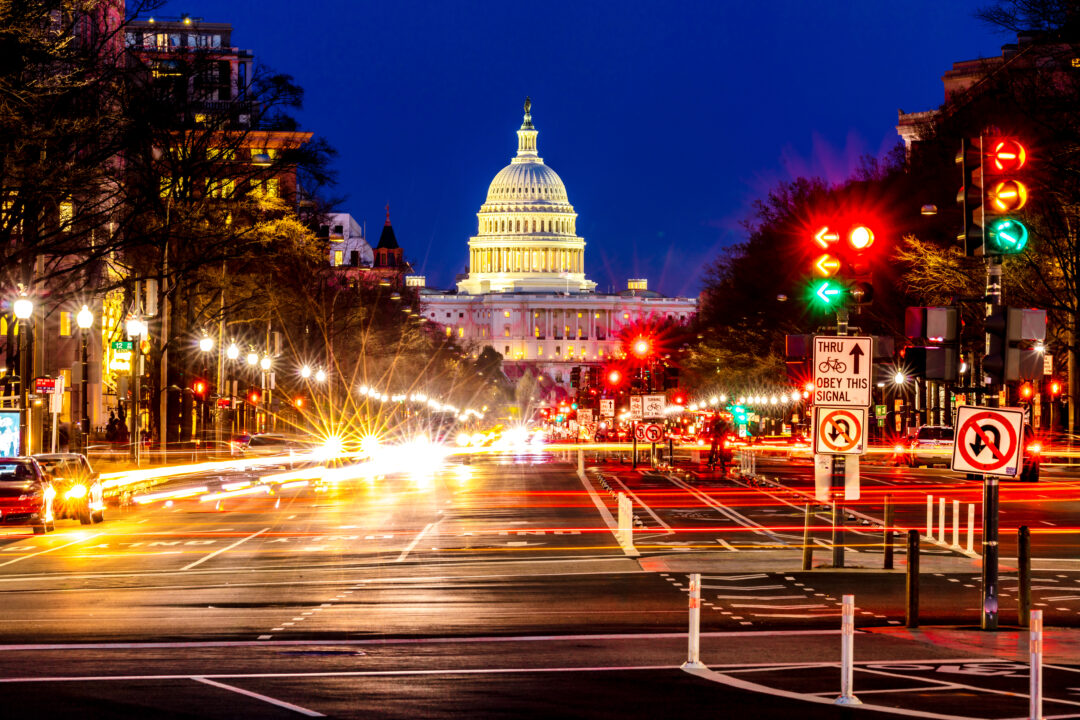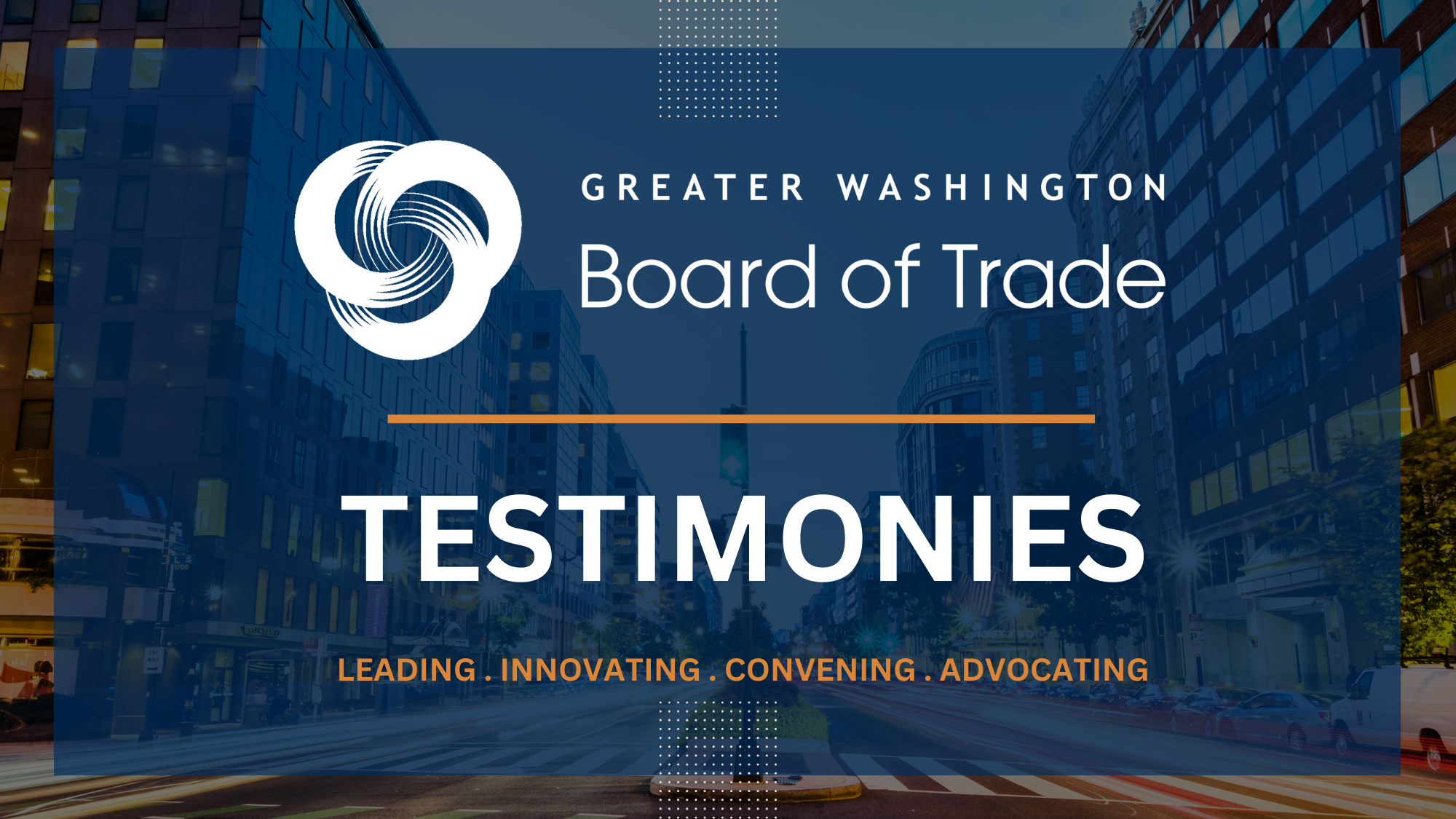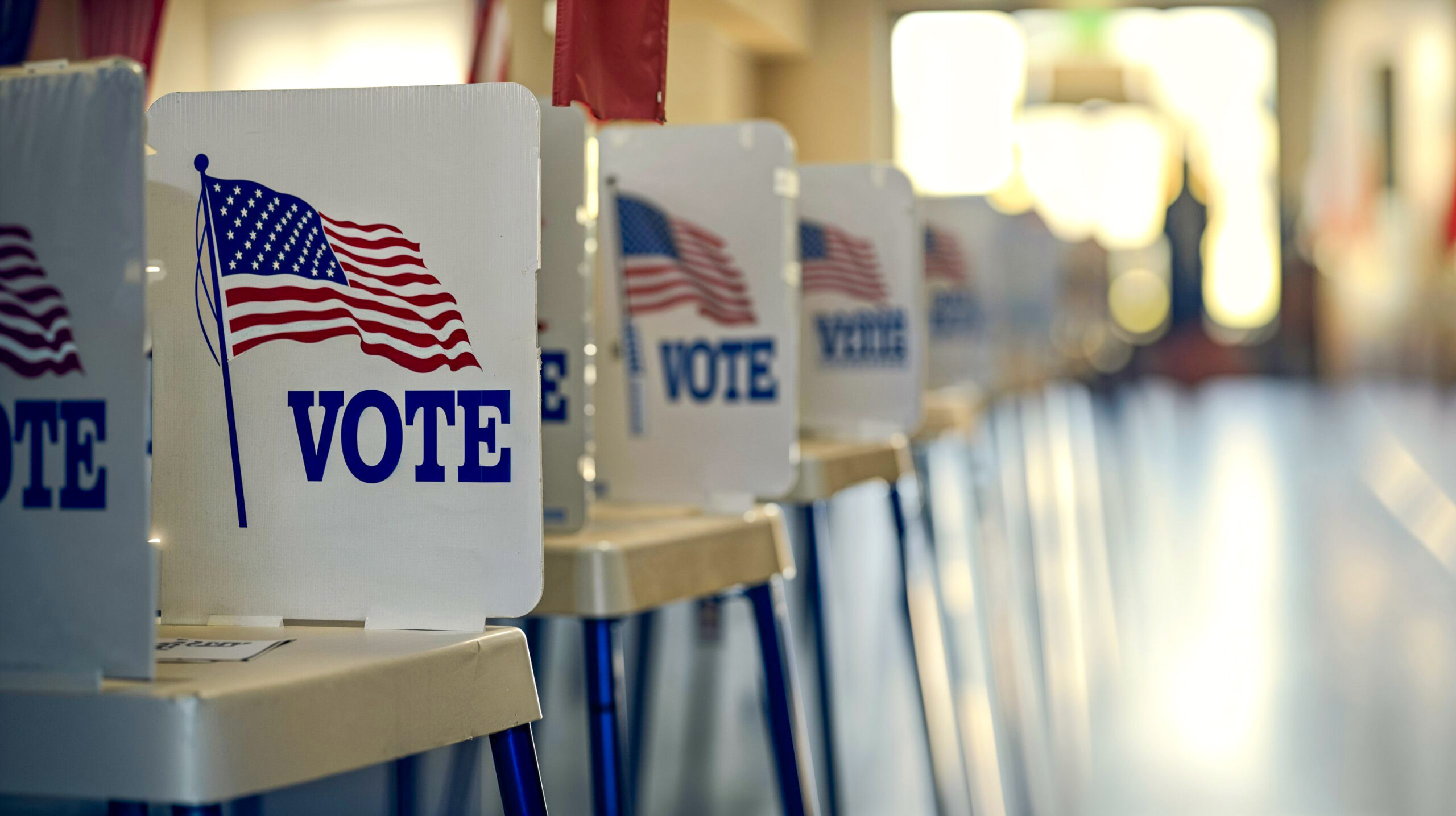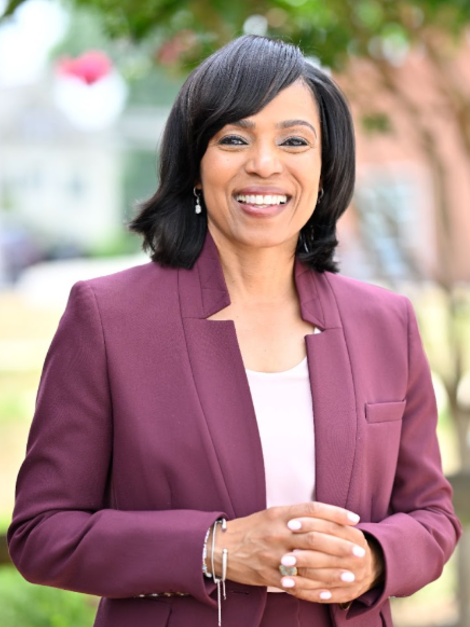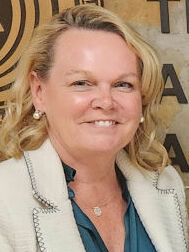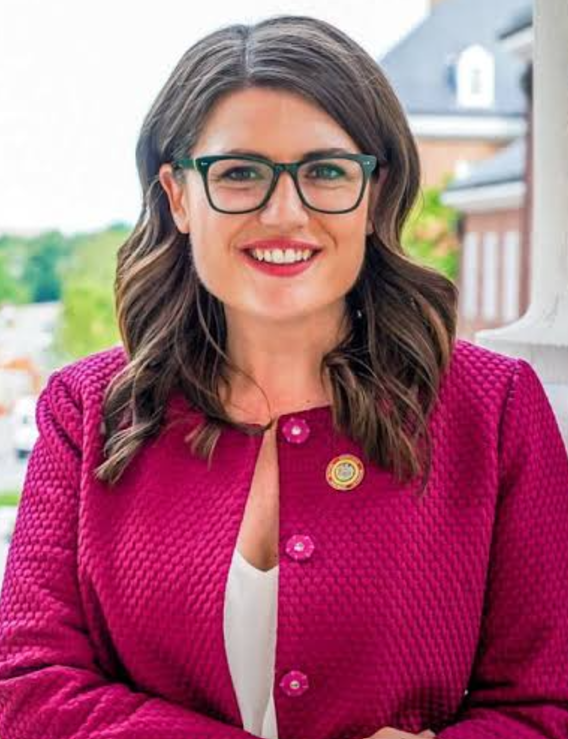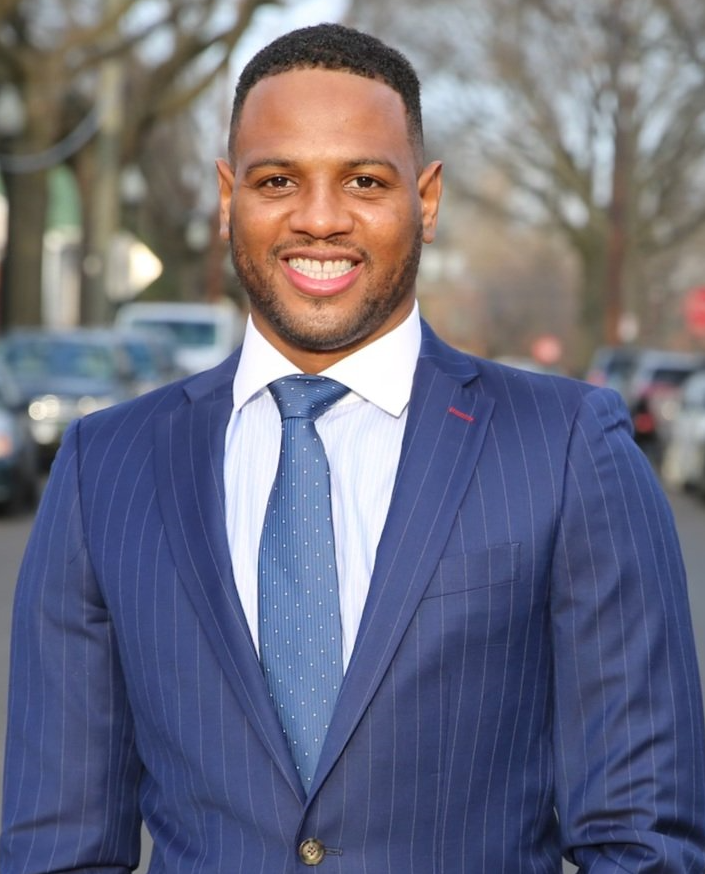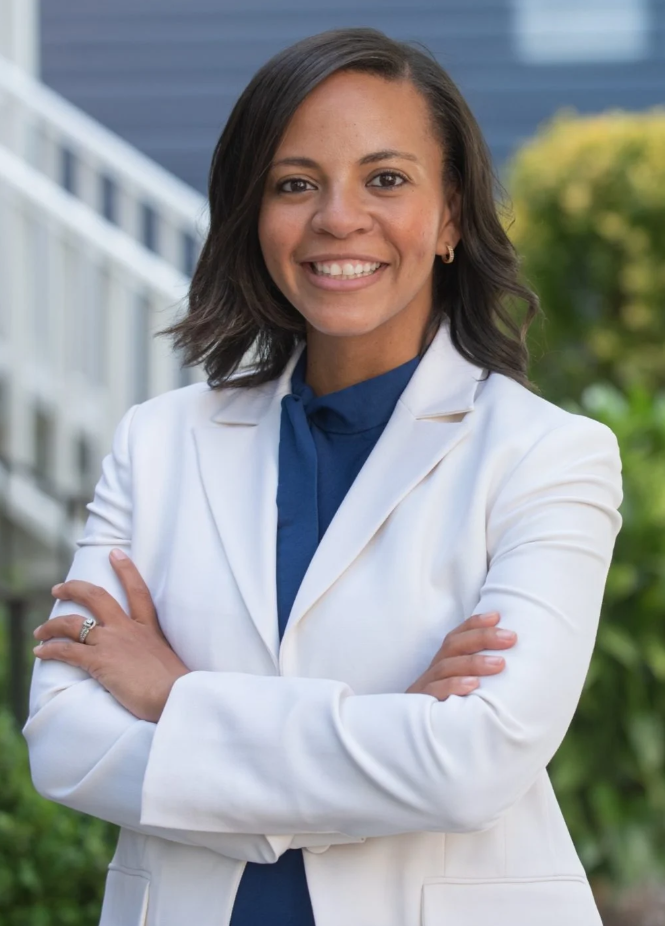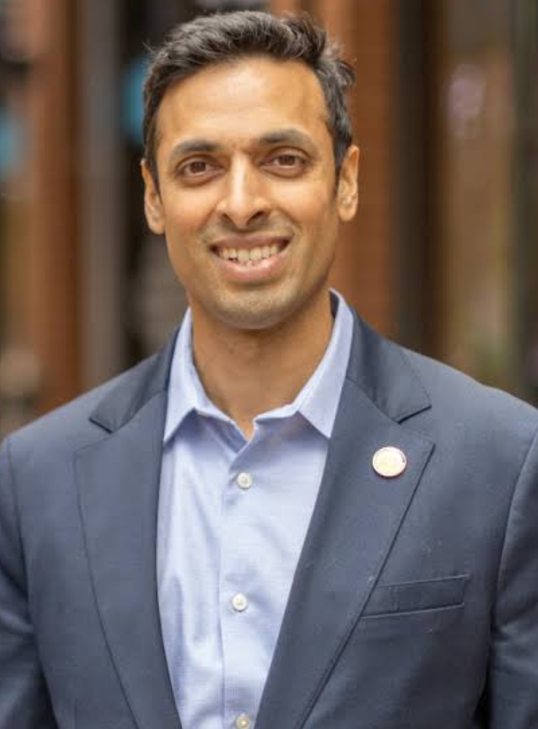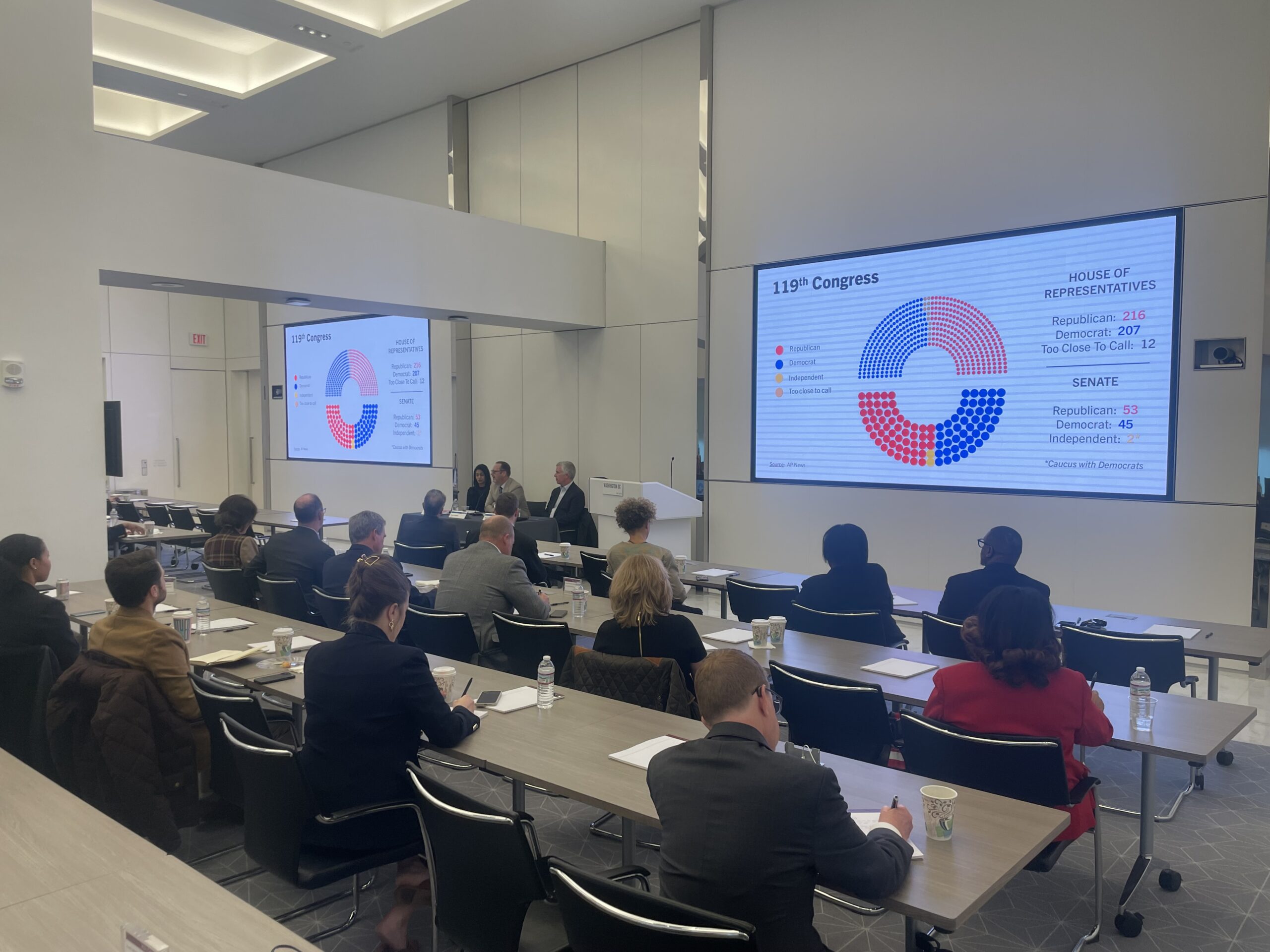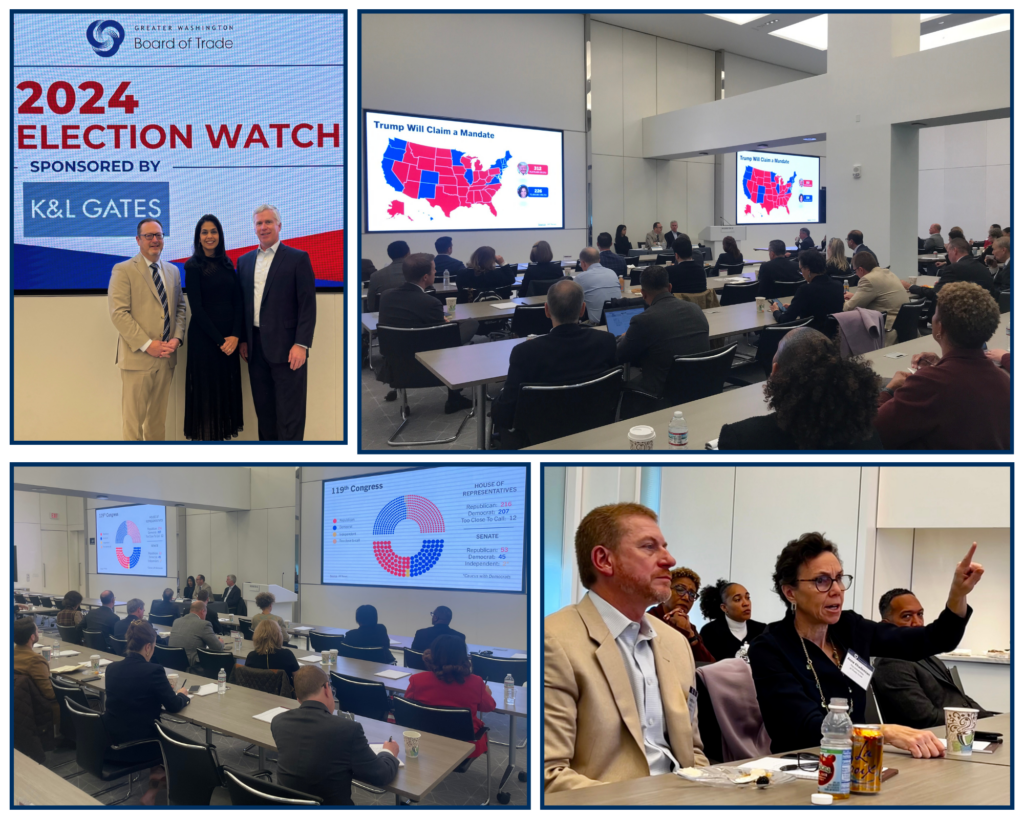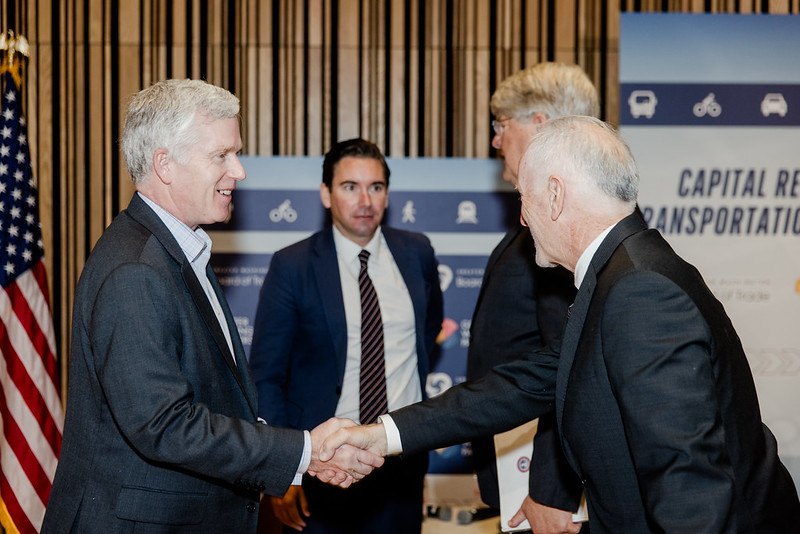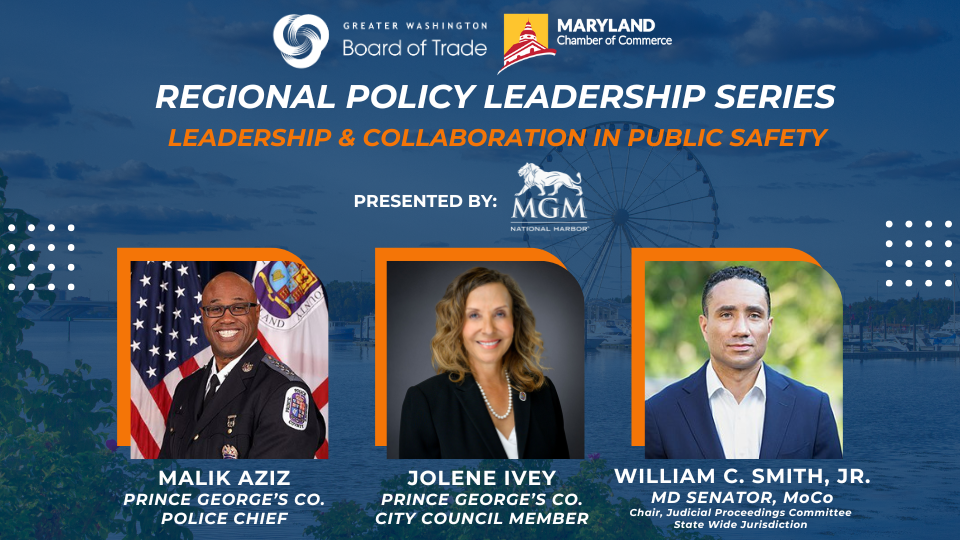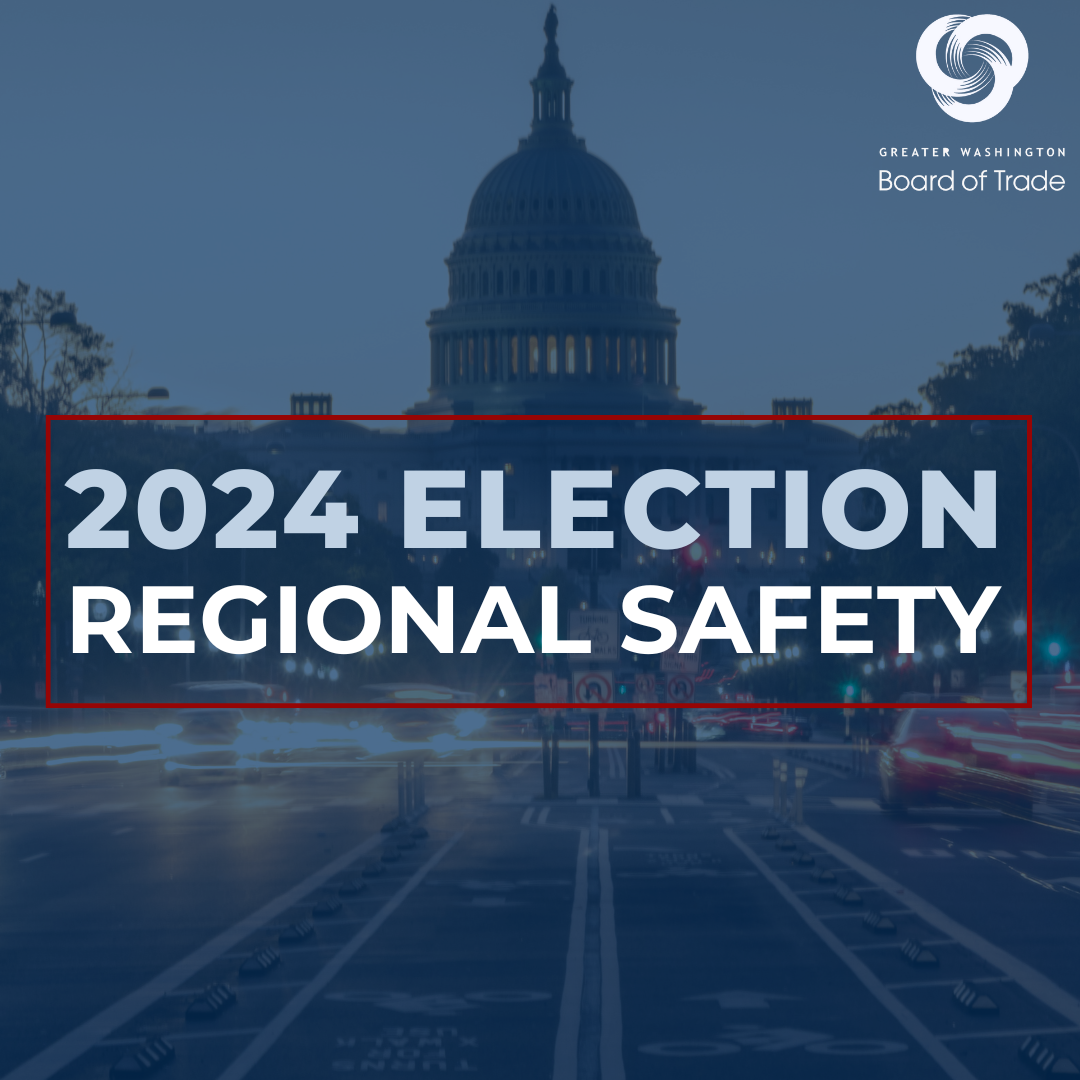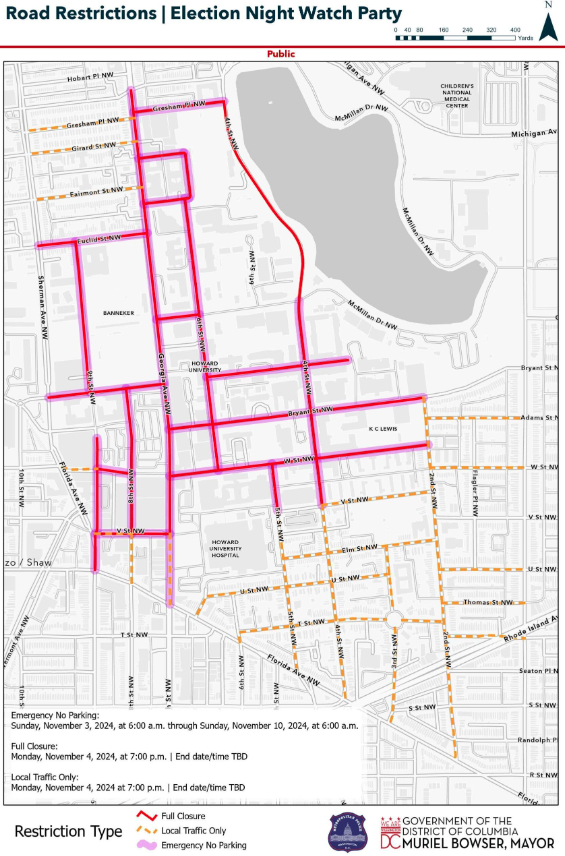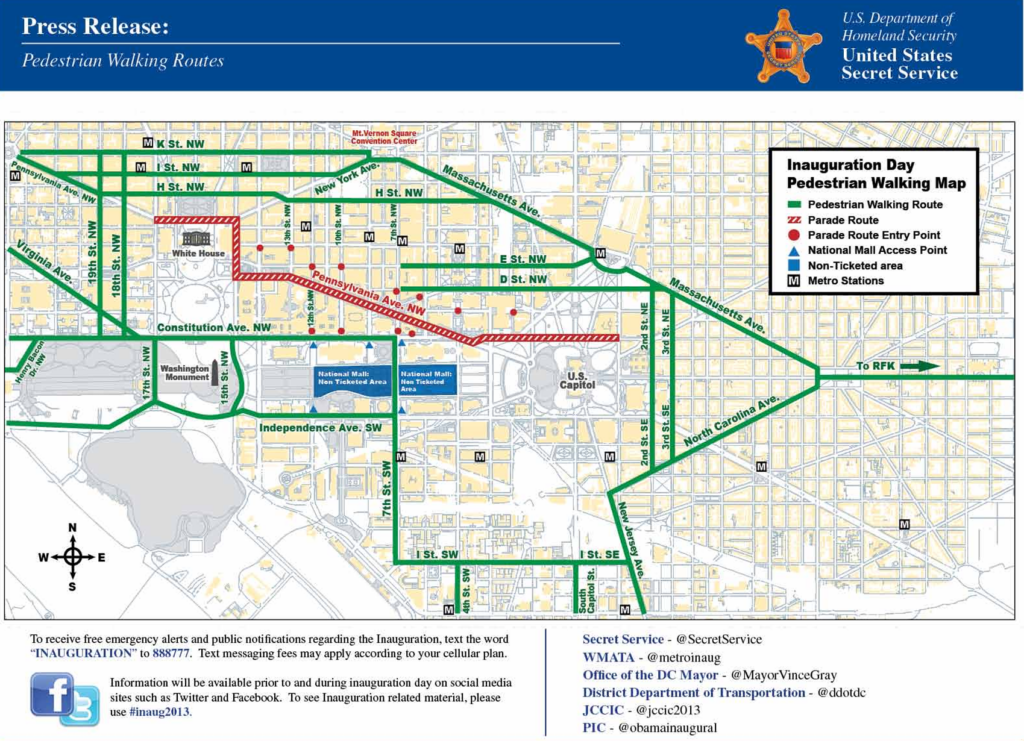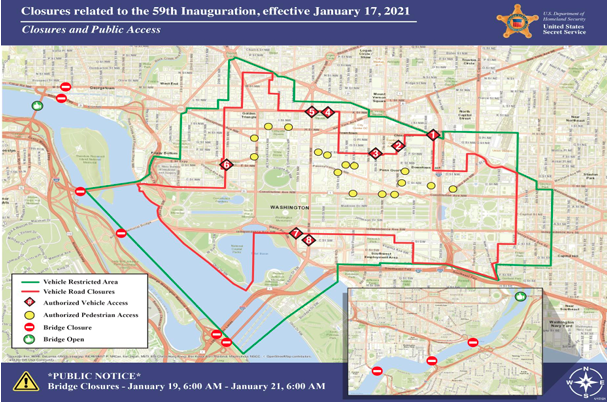Stay Safe & Connected on Inauguration Day
Local and federal agencies in D.C. continue their preparations for the 60th Presidential Inauguration on Jan. 20, a pivotal time for Downtown D.C. and the Greater Washington region. This update shares information provided by transportation, government, and business leaders. Pay close attention to the resource links below for real-time information on travel and safety.
View the Public Walking Safety Map provided by Federal Officials
Safety & Transportation Information
Rally ahead of Inauguration Day at Capital One Arena on Jan.19
A rally is scheduled to take place ahead of Inauguration Day at Capital One Arena on Sunday, Jan. 19. According to the DowntownDC BID, which is following a variety of closure and parking information for Downtown residents and businesses, these streets will be closed to vehicle traffic on Sunday, January 19, 2025, from approximately 12:01 a.m. to approximately 6:00 p.m.:
- 7th Street from H Street NW to E Street NW
- 6th Street from H Street NW to E Street NW
- 5th Street from H Street NW to E Street NW
- G Street from 9th Street NW to 7th Street NW
- G Street from 6th Street NW to 4th Street NW
- F Street from 9th Street NW to 4th Street NW
Learn more about the rally from here: https://bit.ly/4gV2evM
WMATA sets route and station closures for Inauguration Day
Beginning Sunday, Jan. 19, until Tuesday, Jan. 21, buses will detour daily due to the 60th Presidential Inauguration and specific Metrorail transit stations will be closed in the Downtown area including Archives-Navy Memorial-Penn Quarter Station, Federal Trianlge Station, McPherson Square Station, Mt. Vernon Square/7th Street-Convention Center Station, and the Smithsonian Station.
Please allow additional travel time and avoid the area if possible. Learn about all the closures WMATA has announced here: https://bit.ly/407R1Rl
D.C. Government & Metropolitan Police Department
D.C. officials and leaders will be on high alert for Inauguration Day and the large number of people and activities going on downtown. Inauguration Day is a National Special Security Event, which helps D.C. get better support from federal law enforcement agencies and the military to keep the District safe. D.C. Mayor Muriel Bowser and her office are helping residents in the region better understand traffic restrictions during Inauguration Day, which can be viewed here: https://bit.ly/4g6bkow
In addition, MPD is working with local and federal authorities to keep people in the downtown area safe and is providing updates here. Please report threats and emergencies to 911. Keep your community safe by reporting suspicious activity by calling 202-727-9099, texting 50411, or visiting iwatchdc.org.
Capital Police:
The National Park Service (NPS) has instituted a partial closure in Lafayette Park and along the White House sidewalks for public safety in support of preparation and activities associated with the presidential inauguration. Closures will remain in place through February 2025. The northern part of Lafayette Park remains open for visitors and First Amendment activities. This year, work began Oct. 1 to accommodate additional time needed for a safer and more secure environment for construction activities. The Washington Post has also confirmed that Capitol Police is working with the D.C. National Guard to coordinate response needs better ahead of Inauguration Day.
For those attending Inauguration Day, review this list of prohibited items on U.S. Capitol Grounds: https://bit.ly/40yZIFO
Expect Closure to Museums on National Mall
Most museums on the National Mall in D.C. will be closed on Inauguration Day to help reduce traffic.
Learn more about these closures here: https://bit.ly/40a8pVH
Advice For Downtown Businesses
Sign up to receive real-time alerts from the District on public safety, traffic impacts, and more on election and inauguration updates by visiting alertdc.dc.gov.
ReadyDC has resources to help businesses create emergency plans, protect critical information, and improve your workforce’s personal preparedness efforts. Learn more by visiting ready.dc.gov/business.
Report suspicious activity. If you see something that doesn’t feel right, report it at iwatchdc.org inform a police officer or call 911 if there is an emergency or you are in immediate danger. Also, keep up-to-date on the latest on Inauguration Day from D.C. Government here.
